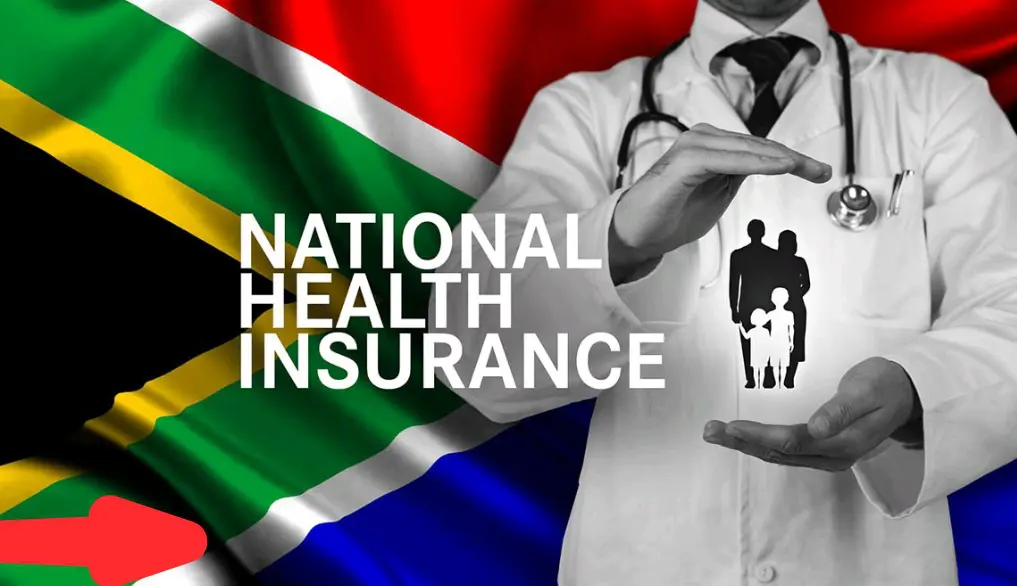Health insurance is a crucial part of a well-functioning healthcare system, providing financial protection against unexpected medical expenses. However, the concept of health insurance in Africa is still relatively new in many regions, and the landscape can vary significantly between countries. As more African nations work to improve healthcare access and infrastructure, understanding health insurance options and benefits is becoming increasingly important for individuals and families across the continent.
In this blog post, we will explore the key aspects of health insurance in Africa, its benefits, the challenges it faces, and the various options available to those seeking coverage.
What is Health Insurance?
Health insurance is a type of coverage that helps pay for medical expenses. It typically covers costs associated with doctor visits, hospital stays, surgeries, prescription medications, and sometimes preventive care. Depending on the plan, it may cover some or all of these expenses.
In Africa, health insurance has been gaining traction as a way to reduce out-of-pocket healthcare spending and improve access to medical services. However, there is still a long way to go in terms of universal coverage, with many people relying on out-of-pocket payments for their healthcare needs.
The Benefits of Health Insurance in Africa
- Financial Protection Against High Medical Costs
One of the most significant advantages of health insurance is the financial protection it offers. Healthcare costs can be extremely high, especially for critical illnesses or emergency treatments. With insurance coverage, individuals and families don’t have to bear the full financial burden. Health insurance helps to distribute these costs over time, making healthcare more affordable. - Access to Quality Healthcare
With health insurance, individuals often have better access to a wider range of medical services, including private hospitals and specialized care, which may not be available in public health systems. This can be particularly important in countries where public healthcare infrastructure is underfunded and overstretched. - Preventive Care and Early Diagnosis
Health insurance plans often encourage preventive care, which can help detect illnesses early and reduce long-term healthcare costs. Regular check-ups, screenings, vaccinations, and wellness programs are often covered, improving overall health outcomes for individuals. - Reduced Out-of-Pocket Spending
For many people in Africa, healthcare expenses are an unpredictable and sometimes overwhelming burden. Health insurance offers a way to mitigate the financial strain by covering a substantial portion of medical costs, leading to fewer financial shocks in times of illness or injury. - Improved Public Health Outcomes
By expanding access to healthcare, health insurance can play a vital role in improving overall public health. As more individuals are able to access medical care, it can lead to better health outcomes at the community and national levels, reducing the spread of infectious diseases and improving life expectancy.
Health Insurance Options in Africa
Health insurance in Africa can be divided into several broad categories: private health insurance, public health insurance, and community-based health insurance. These options vary based on the country, the level of government support, and the structure of the healthcare system.
1. Private Health Insurance
Private health insurance companies operate across many African countries, offering a variety of plans that cater to different needs and income levels. Private health insurance is typically more expensive than public insurance, but it often provides more comprehensive coverage, including access to high-quality private hospitals, faster treatment times, and a broader range of services.
Examples of private health insurers in Africa include companies like Discovery Health in South Africa, Axa Mansard in Nigeria, and Sanlam in Kenya.
Private health insurance plans typically offer:
- Hospital and outpatient coverage
- Chronic disease management
- Access to international medical treatment
- Maternity and newborn care
- Dental and optical care However, affordability is a significant barrier for many, as premiums for private insurance can be prohibitively high for lower-income populations.
2. Public Health Insurance
Public health insurance schemes are typically run by the government and may be available to employed individuals, civil servants, or other groups. Many African countries are working toward implementing or expanding universal health coverage (UHC), which aims to provide all citizens with access to necessary health services without suffering financial hardship.
National Health Insurance Schemes (NHIS) are common in some African nations. For example, in Ghana, the National Health Insurance Scheme (NHIS) provides coverage for a wide range of health services, including hospital visits, maternal care, and outpatient services. In Nigeria, the National Health Insurance Scheme (NHIS) covers federal government employees and is expanding to include more private sector workers and rural populations.
Public health insurance typically offers:
- Basic medical coverage for a wide range of conditions
- Access to public healthcare facilities (which can be crowded and under-resourced)
- Lower premiums or government-subsidized coverage for low-income individuals Despite its benefits, public health insurance often suffers from underfunding and inefficiencies, and public healthcare facilities may not have the resources to meet demand.
3. Community-Based Health Insurance (CBHI)
Community-based health insurance schemes are an important option in rural and underserved areas, where individuals may not have access to either private or public health insurance. These schemes are typically managed by local communities or non-governmental organizations (NGOs) and are designed to pool resources to provide basic healthcare services to members.
CBHI models are particularly popular in East and West Africa, where community-based organizations work to provide affordable health coverage to people who are otherwise excluded from formal insurance systems. For example, the Rwandan Community-Based Health Insurance Scheme is widely recognized as one of the most successful models in Africa, covering a significant proportion of the population.
Community-based health insurance typically offers:
- Low-cost premiums (often tailored to local income levels)
- Access to basic health services, including maternal and child health
- Coverage for preventive care and essential treatments However, CBHI systems can face challenges related to sustainability, as they often rely on limited resources and may lack the capacity to cover the cost of more expensive medical treatments.
Challenges Facing Health Insurance in Africa
- Lack of Awareness and Education
Many people in Africa are unfamiliar with health insurance or may not fully understand how it works. This lack of awareness can be a significant barrier to uptake, particularly in rural areas where literacy and access to information may be limited. - High Costs and Affordability
For large segments of the population, the cost of private health insurance is prohibitive, and even public health schemes can require significant contributions. In many countries, a large portion of the population lives in poverty and may not be able to afford premiums or out-of-pocket payments for healthcare. - Limited Coverage and Poor Healthcare Infrastructure
Even when health insurance is available, the quality of healthcare facilities and services may be lacking. This is especially true in rural areas where medical professionals, equipment, and essential medicines are in short supply. The challenge is to ensure that insurance is not just about financial coverage but also about improving access to quality care. - Fragmented Systems and Administration
Many African countries have multiple competing insurance schemes—public, private, and community-based—and the systems are often fragmented and difficult to navigate. This can lead to inefficiencies, duplication of services, and challenges in coordinating care.
The Way Forward: Enhancing Health Insurance in Africa
For health insurance to thrive in Africa, several key steps need to be taken:
- Increased investment in healthcare infrastructure: Governments and private sector partners must work together to improve healthcare delivery and ensure that insurance coverage is meaningful and accessible.
- Awareness campaigns and education: More efforts are needed to educate the public about the benefits of health insurance and how to access it.
- Expansion of community-based insurance schemes: These programs can play a vital role in ensuring that even those in rural and low-income areas have access to health coverage.
- Innovative financing models: To make health insurance more affordable, innovative approaches such as mobile health insurance, micro-insurance, and tiered payment systems could be explored.
Conclusion
Health insurance is a crucial tool for improving access to healthcare and ensuring financial protection against medical costs. While the situation in Africa presents many challenges, there are also many opportunities for growth and improvement. By expanding insurance coverage and improving the quality of healthcare infrastructure, African countries can move closer to achieving universal health coverage and improving public health outcomes for all.
For individuals and families across the continent, understanding the different types of health insurance available—and how they can benefit from coverage—is an important step in safeguarding their health and financial wellbeing.



